What does it mean to be a spiritual person? We may have various concepts of the term, but what binds different types of spiritual people together is their faith in a higher power and love for the world!
In a world where people seek deeper meaning and connection, spirituality plays a significant role in many individuals’ lives.
Spirituality can be defined as a personal journey that encompasses beliefs, practices, and experiences that transcend the material realm.
While spirituality is a broad and multifaceted concept, it manifests in various ways, giving rise to different types of spiritual people.
Spiritual personality, meaning, spiritual people are those individuals who deeply believe in the spiritual way of life and are driven by a deep faith in the presence of a higher power.
In this article, we will explore some of these spiritual personality types and delve into their unique characteristics and perspectives.
Do you often wonder “What type of spiritual person am I?” Then read up and see with which spiritual personality example you resonate the most.
Read Spiritual Meanings Of Finding Money On Your Path: 7 Divine Messages
10 Types Of Spiritual People
Here’re the ten types of spiritual people and their unique traits:
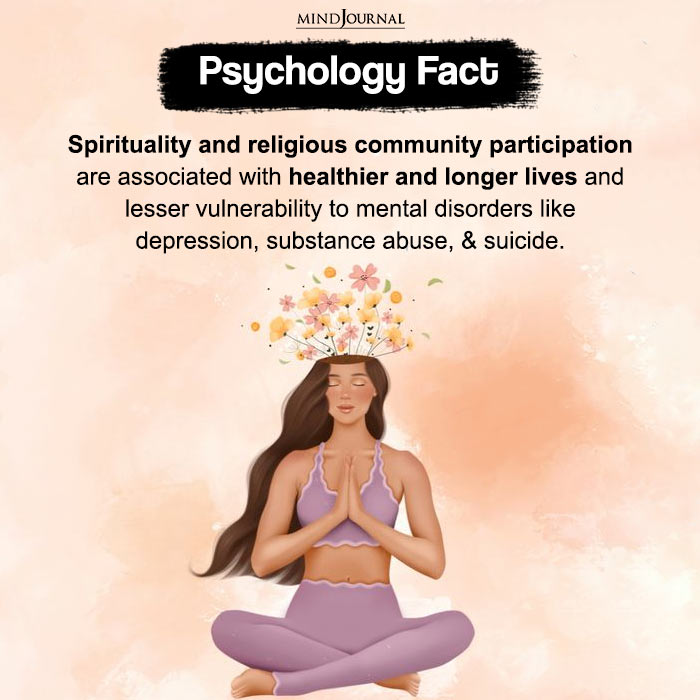
1. The Seeker of Wisdom:
The seeker of wisdom is a perpetual student of spirituality. They are driven by a profound desire to explore and understand the mysteries of the universe and human life.
These individuals avidly read spiritual texts, attend workshops, and engage in deep conversations to expand their knowledge and gain insights.
Seekers of wisdom often embrace a wide range of spiritual teachings, drawing inspiration from different philosophies and traditions to develop a comprehensive understanding of the universe and their place within it.
2. The Devotee:
Devotees are individuals who cultivate a deep sense of reverence and devotion towards a particular spiritual path or deity.
They find solace and meaning in rituals, prayers, and acts of worship. Devotion is the cornerstone of their spiritual practice, as they strive to establish a profound connection with the divine.
Devotees may follow a specific religious tradition or venerate a particular spiritual figure, centering their lives around expressing their love and dedication through their chosen practices.
3. The Mindful Practitioner:
The Mindful practitioner is another one of the spiritual personality types. Mindful practitioners embody spirituality through the practice of mindfulness and present-moment awareness.
They believe in the power of being fully present in each moment, cultivating a heightened sense of awareness and appreciation for life’s experiences.
Mindful practitioners often engage in meditation, yoga, or other mindfulness techniques to anchor themselves in the present, promoting self-reflection, stress reduction, and a deeper connection with themselves and the world around them.
4. The Mystic:
Mystics are spiritual individuals who seek direct experiences of the divine and transcendent states of consciousness.
They explore the realms beyond ordinary perception, focusing on intuitive knowing, mystical visions, and deep spiritual experiences.
Mystics often emphasize the importance of solitude, silence, and introspection to access profound spiritual insights.
Their spiritual path revolves around connecting with the inner divine, exploring the depths of consciousness, and unraveling the mysteries of existence.
5. The Social Activist:
The social activist embodies spirituality through active engagement in social causes and the pursuit of justice and equality.
These individuals recognize the interconnectedness of all beings and believe in the spiritual imperative to alleviate suffering and promote positive change in the world.
Social activists channel their spiritual values into practical action, advocating for human rights, environmental sustainability, and social transformation. Their spirituality becomes a driving force for making a tangible difference in society.
Read 7 Deep Spiritual Meanings Of Seeing Spiders Often
6. The Eclectic Spirit:
An Eclectic spirit is another spiritual personality example. They are individuals who draw inspiration from multiple spiritual traditions and philosophies, creating a unique blend that resonates with their personal beliefs and experiences.
They are not bound by the confines of a single doctrine or practice but rather embrace a fluid and open-minded approach to spirituality.
Eclectic spirits may incorporate elements from different religions, spiritual teachings, or indigenous practices into their personal spiritual path.
Their journey is characterized by exploration, experimentation, and a willingness to adapt and evolve based on their own inner guidance.
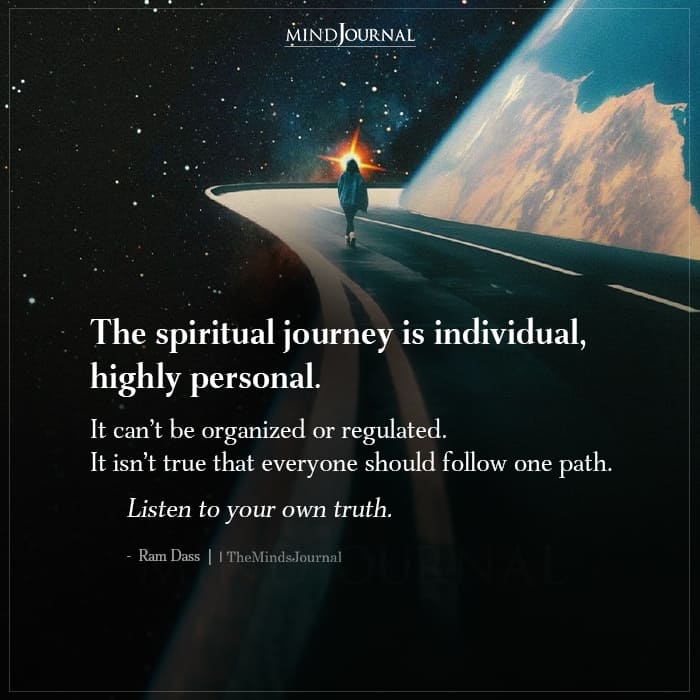
7. The Nature Lover:
Nature lovers find their spiritual connection and fulfillment through a deep bond with the natural world.
They perceive divinity in the beauty and harmony of nature, recognizing that the natural environment holds sacred wisdom and profound teachings.
Nature lovers often seek solitude in natural settings, whether it be hiking in the mountains, meditating by the ocean, or simply spending time in a lush forest.
They engage in practices such as nature-based rituals, eco-conscious living, and environmental stewardship, fostering a deep reverence for the Earth and its interconnected web of life.
8. The Creative Soul:
The creative soul finds their spiritual expression through various forms of artistic and creative endeavors.
They believe that creativity is a powerful tool for self-expression, healing, and connecting with the divine. These individuals may be artists, writers, musicians, dancers, or any other form of creative practitioners.
Through their chosen medium, they channel their emotions, thoughts, and spiritual insights, creating works that inspire and uplift others.
The creative soul sees art as a sacred process, an avenue for exploring the depths of their inner being and sharing their unique perspective on spirituality with the world.
9. The Community Builder:
The community builder is driven by a deep sense of spirituality that revolves around creating and nurturing a supportive and inclusive spiritual community.
These individuals recognize the importance of coming together with like-minded individuals to share experiences, wisdom, and growth.
They may initiate and lead spiritual gatherings, workshops, or retreats, fostering an environment where people can connect, learn, and support each other on their spiritual journeys.
The community builder embodies the values of unity, compassion, and cooperation, believing that collective spiritual growth can be a powerful catalyst for personal transformation and positive change in the world.
10. The Healer:
The healer is deeply attuned to the spiritual dimension of healing and seeks to bring balance and wholeness to individuals and communities.
These individuals recognize that true healing goes beyond the physical body and addresses the spiritual, emotional, and energetic aspects of a person’s well-being.
Healers may practice various modalities such as energy healing, Reiki, acupuncture, sound therapy, or other holistic approaches.
They channel divine energy, intuition, and compassion to facilitate healing and transformation in others.
The healer’s spirituality is grounded in the belief that we are all interconnected, and by supporting the healing of others, they contribute to the collective healing of humanity.
Read 7 Signs You Are Spiritually Connected With Someone
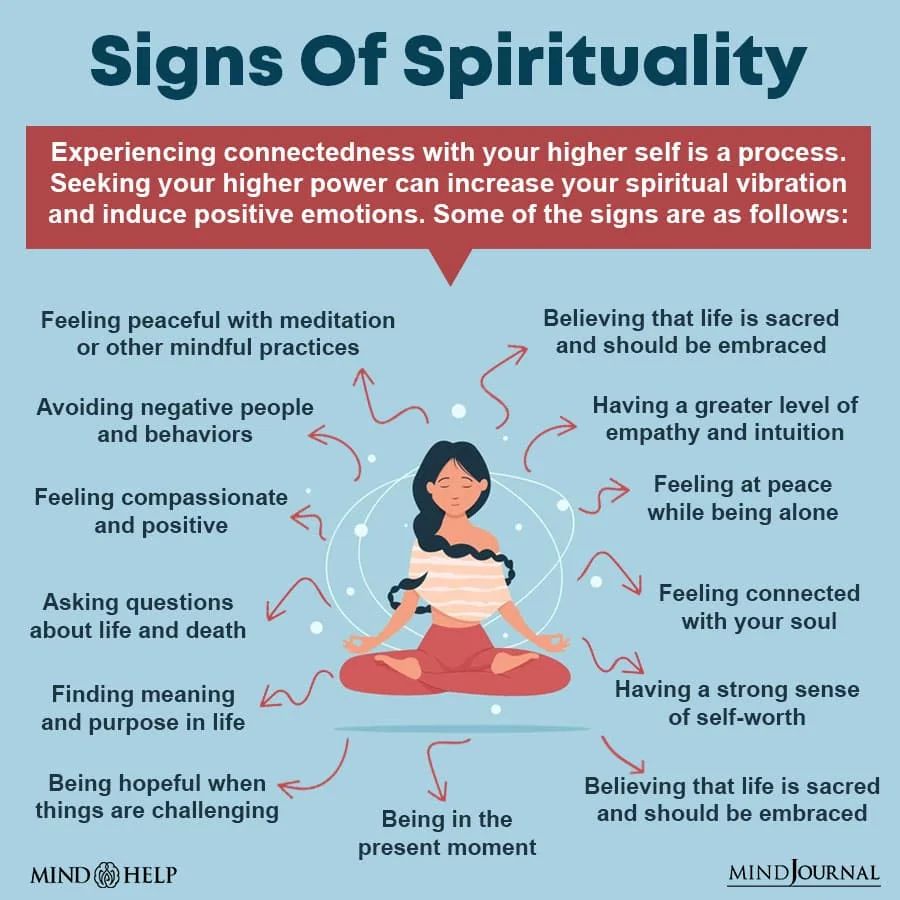
All Path Leads To The One
Those were the ten primary types of spiritual people. The realm of spirituality encompasses a rich tapestry of beliefs, practices, and perspectives, making room for a diverse range of spiritual people.
Whether they are seekers of wisdom, devoted practitioners, mindful individuals, mystics, or social activists, each type brings a unique approach to the spiritual journey.
It is important to embrace and respect this diversity, recognizing that various paths can lead to spiritual growth and fulfillment.
By understanding and appreciating the multifaceted nature of spirituality, we can cultivate a more inclusive and compassionate world for all.
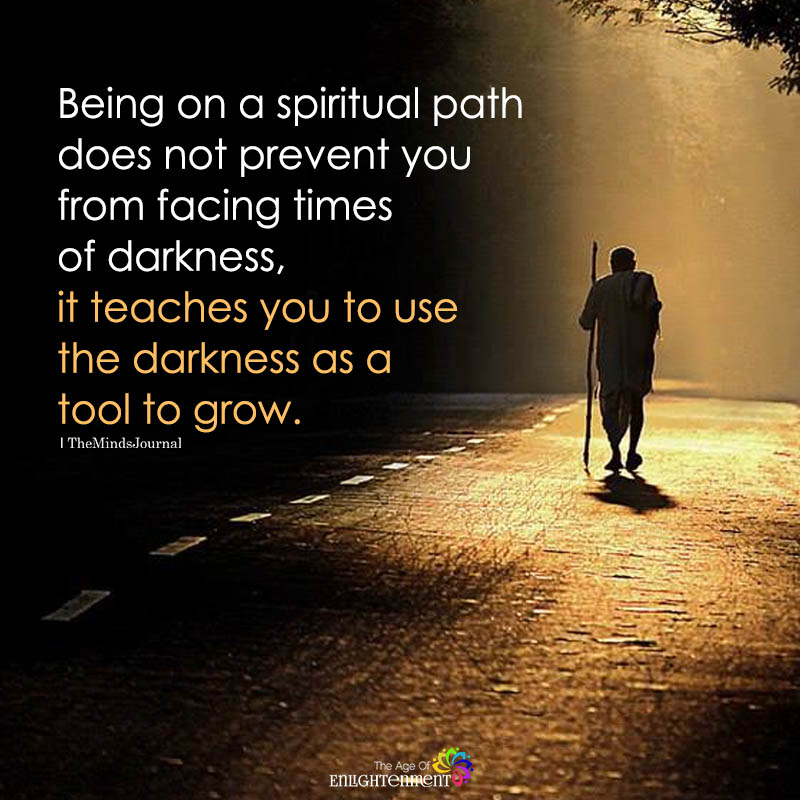
Now that you know all about spiritual personality meaning, we hope you have found the answer to your question “What type of spiritual person am I?” Share your thoughts by commenting down below!
Frequently Asked Questions
Who are spiritually sensitive people?
Spiritually sensitive people are highly intuitive and can pick up on others’ energy or can feel the vibe of a place. They can sense things that are beyond our sensory perceptions.
Who are spiritually gifted people?
Spiritually gifted people are those whose eyes are open to the greater truth, who are beyond petty ego-based thoughts, and who also have psychic abilities.
Who are narcissistic spiritual teachers?
Narcissistic spiritual teachers are self-proclaimed spiritual people. They have inflated egos and they preach toxic positivity and twisted views of spirituality.
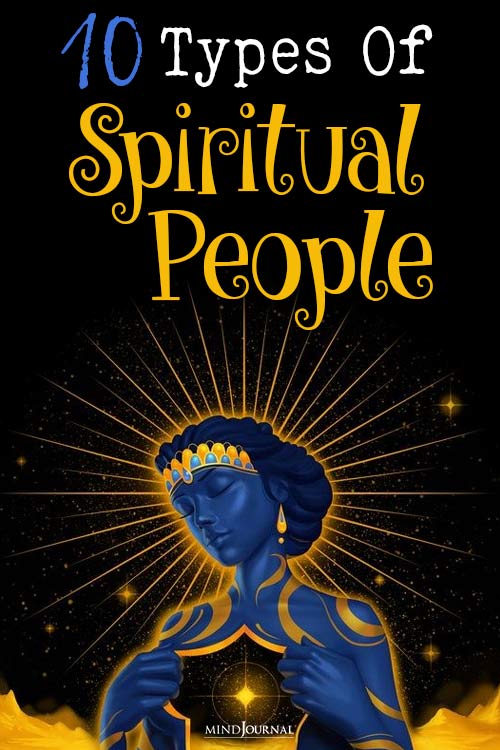









Leave a Reply